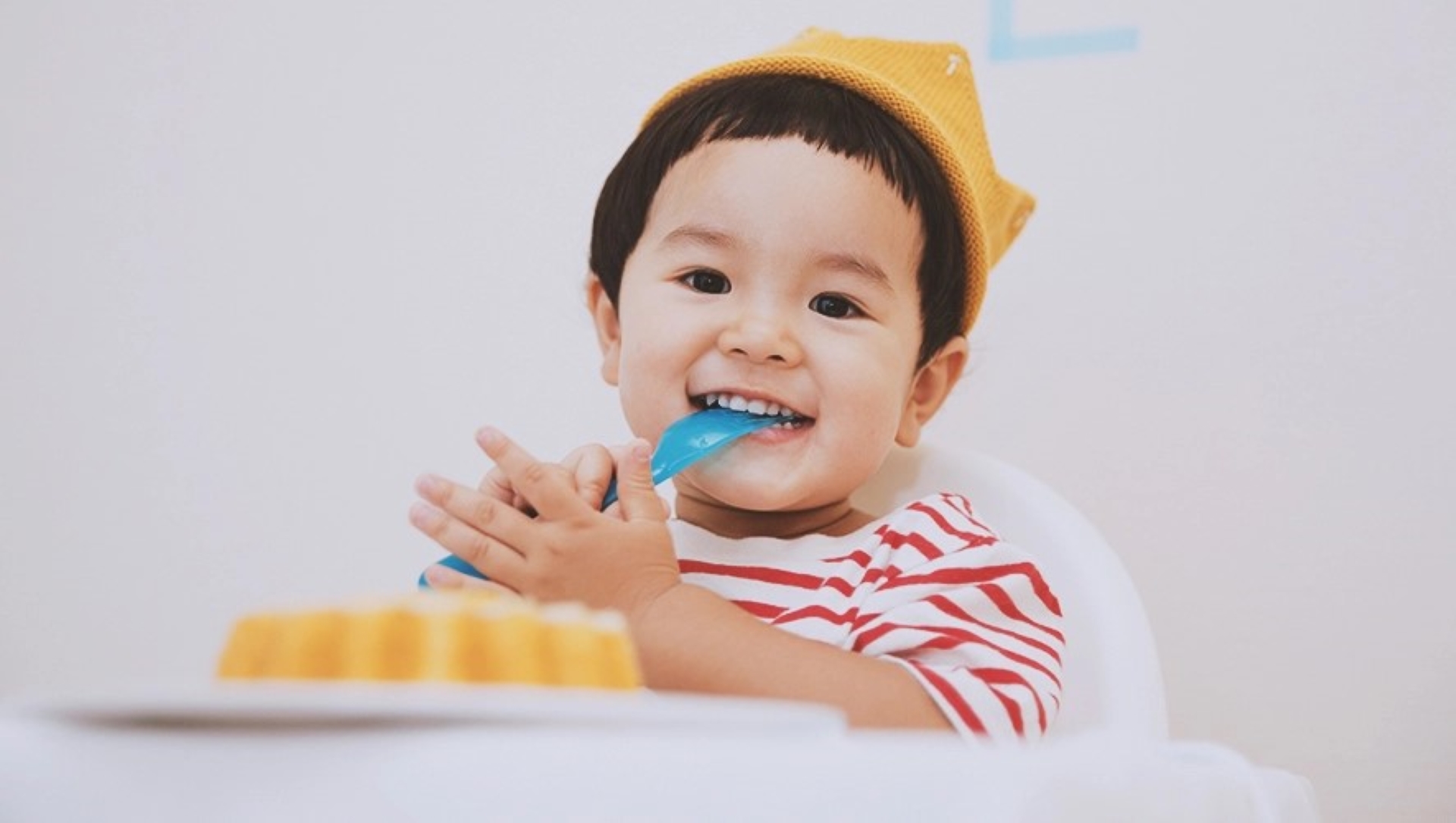
Your child’s experience with food may be that it magically appears in front of them at mealtimes. Is there a better way for them to appreciate the time and resources it takes to put food on the table?
Gone are the days where we have had to grow our own kailan or rear chickens for our daily meals. These days, all we have to do is go online or pop by the supermarket to get fresh and ready-to-cook produce in a matter of hours.
This convenience comes with many benefits of course, but a major pitfall is that we’ve become less mindful of the food we purchase and consume.
It is also no wonder then, that children now don’t think much of where the mushrooms in their soup come from or how chickens are reared.
By showing children how to consume consciously, avoid food waste and upcycle leftovers, we can shape their views on food wastage and encourage them to work towards ensuring a sustainable food supply for generations to come.
But instead of lecturing children on the importance of food, try these fun activities to give them a better idea of where their food comes from:

Plan your meals together
Time to let your little one take on some responsibility around planning family meals! Let them keep track of what’s in your kitchen and put together a grocery list according to what you already have and what’s expiring soon. When grocery shopping, educate them on making wise food choices and how to read nutritional labels. You could even teach him the difference between expiry and best before dates, or to tell between ‘ugly’ and spoilt food since cosmetic filtering is often cited as one of the top reasons for food wastage.

Let your child assist you in whipping up dishes while you explain portion sizes and correct measurements. Encourage them to prepare only what is needed and not more so that there are no leftovers.
Grow your own edible garden
Another fun activity is to grow an edible garden together. When your little tyke starts putting in effort to grow the herbs and fruits slowly in pots, they will see how much time and care is put into growing the plants. The fun bit is when you harvest the produce, and that’s when they can truly experience farm to fork and indulge in the fruits of their labour.

You might even be reaping the benefits of the free packet of seeds from the Gardening with Edibles Initiative by National Parks, with DBS as Founding Partner. It was started to encourage more Singaporeans to be engaged with nature and to build social bonds while greening the nation. Through it, many participants also learned that we don’t need a large space to start gardening, just a spot on your balcony will do.
DBS Foundation-supported social enterprise Edible Garden City also offers gardening workshops and DIY grow-your-own-vegetable kits for aspiring urban farmers.
Visit a vegetable or animal farm
Explore the rustic side of Singapore and visit a vegetable or animal farm with your kid. As they experience harvesting vegetables, or get a feel of how a pineapple is really like – tough and spiky! – it’ll also demystify where their food is coming from and how its raised.
You’ll find out, just like Nadia from our series In the Moment, that even as adults there’s lots for us to learn from our farms.
Teach them about seasonality through cooking
The concept of how weather or climate can affect the taste and nutritional value of fruits and vegetables can be hard for children to grasp, especially when most of them are currently readily available at supermarkets all year round thanks to modern technology.

In your next family cookout, use seasonal vegetables in your recipes and show your child how produce naturally grows, and how to consume based on the earth’s natural cycles. Reducing future demands could alleviate unsustainable farming practices that have to keep up, as well as long supply-chains that service those demands.
Use a movie to start a conversation
Indulge in an animated movie that will spark a conversation instead of replaying Paw Patrol for the umpteenth time. WALL-E, a story of the last robot on earth left behind to clean up a waste-filled planet, shows us how our behaviour now can impact our home and future generations. Happy Feet, an adorable film about a tap-dancing penguin carries messages on the dangers of overfishing and ocean pollution.
Climate change is a tough conversation to have with your child without sounding all doom and gloom, but animated movies are a great way to expose them to such themes and pave the way for future discussions on how they can do their part to preserve our planet.
Having the next generation understand the importance of not wasting food can go a long way in preserving a sustainable earth for years to come. Plus, you’ll get to bond with them while they learn how to be more responsible with their food!
As one of the main sponsors of MasterChef Singapore Season 2, DBS shines a spotlight on how we can each reduce our food waste in the kitchen.
Learn more about how you can continue your journey #TowardsZeroFoodWaste.
Find out more about DBS’ other partnerships and initiatives #TowardsZeroFoodWaste.
Join us for tips to make your daily life more convenient, especially in ways that contribute to a more sustainable future!